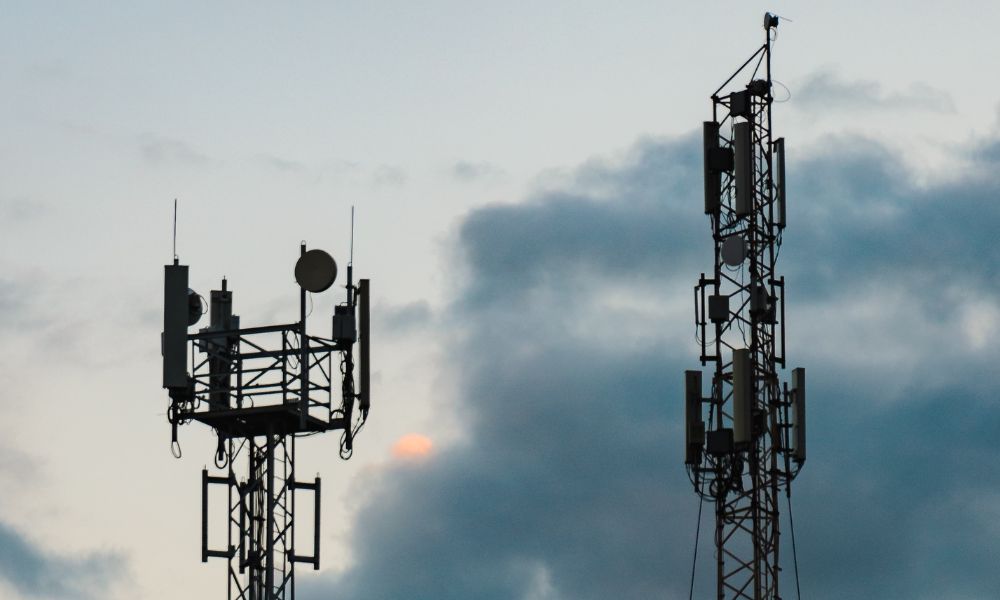The Common Market for Eastern and Southern Africa (COMESA) has recently launched an investigation into the activities of two major telecom players, ATC and Airtel, raising concerns about potential anticompetitive practices in the African telecommunications market.
This article delves into the background of the investigation, its potential implications for the telecom industry in Africa, and the broader context of competition regulation within the COMESA region.
Read also: Airtel Kenya Separates Itself From Airtel money
Background of the Investigation:
COMESA, comprising 21 member states, has long been committed to fostering economic integration and competition within the region. With the rapid expansion of the telecommunications sector across Africa, ensuring fair competition and consumer protection has become paramount. The investigation into ATC and Airtel stems from allegations of monopolistic behaviour, market dominance, and potential breaches of competition laws within COMESA’s jurisdiction.
ATC, a leading provider of telecom infrastructure services, and Airtel, one of the continent’s largest mobile network operators, are under scrutiny for their market conduct, pricing strategies, and potential abuse of dominance. Complaints from stakeholders and competitors have prompted COMESA to launch a comprehensive inquiry to assess the validity of these allegations and safeguard fair competition in the telecommunications sector.
Implications for Telecom Competition in Africa:
The outcome of COMESA’s investigation into ATC and Airtel could have far-reaching implications for telecom competition in Africa. If the allegations are substantiated, it may lead to significant repercussions for the companies involved, including hefty fines, regulatory sanctions, and mandated behavioural changes to ensure compliance with competition laws.
Moreover, a favourable outcome for COMESA’s investigation would signal a strong commitment to enforcing competition regulations and promoting a level playing field within the African telecom market. It would serve as a deterrent to other industry players engaging in anticompetitive practices, fostering innovation, investment, and consumer welfare.
However, the implications extend beyond the immediate parties involved. A ruling against ATC and Airtel could also reshape the competitive landscape, opening up opportunities for smaller players, encouraging new market entrants, and stimulating greater competition and innovation. This, in turn, could lead to improved service quality, affordability, and accessibility for consumers across the continent.
Broader Context of Competition Regulation in COMESA:
COMESA’s investigation into ATC and Airtel underscores the organization’s broader efforts to strengthen competition regulation and enforcement mechanisms across its member states. With the establishment of the COMESA Competition Commission (CCC) in 2013, the region has made significant strides in harmonizing competition policies, fostering cross-border cooperation, and enhancing regulatory capacity.
The ATC and Airtel case represents a litmus test for COMESA’s competition regime, demonstrating its ability to address complex market dynamics and safeguard the interests of consumers and businesses alike. It highlights the importance of proactive enforcement, collaboration with national authorities, and engagement with industry stakeholders to ensure effective competition oversight in an increasingly interconnected and dynamic market environment.
The investigation into ATC and Airtel by COMESA reflects a critical juncture in the evolution of telecom competition in Africa. As the region strives for economic integration and digital transformation, the need for robust competition regulation has never been greater. The outcome of this investigation will not only shape the future conduct of market players but also determine the trajectory of innovation, investment, and consumer welfare in the African telecom sector for years to come.




